
Not Available
You May Also Like
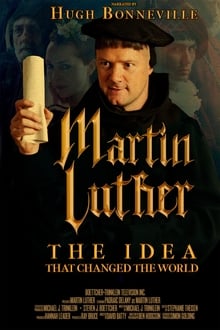
The year 2017 marks the 500th anniversary of one on the most important events in Western civilization: the birth of an idea that continues to shape the life of every American today. In 1517, power was in the hands of the few, thought was controlled by the chosen, and common people lived lives without hope. On October 31 of that year, a penniless monk named Martin Luther sparked the revolution that would change everything. He had no army. In fact, he preached nonviolence so powerfully that — 400 years later — Michael King would change his name to Martin Luther King to show solidarity with the original movement. This movement, the Protestant Reformation, changed Western culture at its core, sparking the drive toward individualism, freedom of religion, women’s rights, separation of church and state, and even free public education. Without the Reformation, there would have been no pilgrims, no Puritans, and no America in the way we know it.
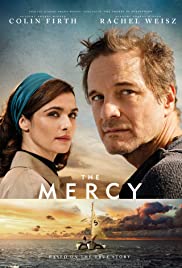
Yachtsman Donald Crowhurst’s disastrous attempt to win the 1968 Golden Globe Race ends up with him creating an outrageous account of traveling the world alone by sea.

Blues and folk singer Karen Dalton was a prominent figure in 1960s New York. Idolized by Bob Dylan and Nick Cave, Karen discarded the traditional trappings of success and led an unconventional life until her early death. Since most images of Karen have been lost or destroyed, the film uses Karen’s dulcet melodies and interviews with loved ones to build a rich portrait of this singular woman and her hauntingly beautiful voice.

Renowned artist Krzysztof Wodiczko creates powerful responses to the inequities and horrors of war. This in-depth investigation into the artist focuses on the recurring themes of war, trauma, and displacement in his work. An instigator for social change, Wodiczko’s powerful art interventions disrupt the valorization of state-sanctioned aggression.
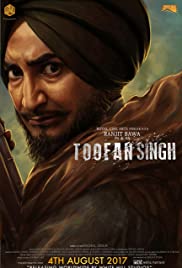
The journey of a Punjabi Sikh boy who grew up during the chaotic, violent 1980s revolving around his chase for survival, equality and justice in order to protect and shield society and fight against brutality, crime and corruption.

In the mid-80s, three women (each with an attorney) arrive at the office of New York entertainment manager, Morris Levy. One is an L.A. singer, formerly of the Platters; one is a petty thief from Philly; one teaches school in a small Georgia town. Each claims to be the widow of long-dead doo-wop singer-songwriter Frankie Lyman, and each wants years of royalties due to his estate, money Levy has never shared. During an ensuing civil trial, flashbacks tell the story of each one’s life with Lyman, a boyish, high-pitched, dynamic performer, lost to heroin. Slowly, the three wives establish their own bond.

Franklin Roosevelt, left a paraplegic from polio at 39 years of age, seeks out a miracle cure in the backwoods of Georgia.
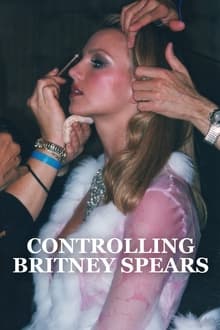
Britney Spears has said that her conservatorship had become “an oppressive and controlling tool against her”. This New York Times investigation reveals much of how it worked, including an intense surveillance apparatus that monitored every move she made.

A true icon of British history, Florence Nightingale (1820-1910) laid the foundations of modern nursing. A beautiful tribute to a pioneer whose integrity, selflessness and zeal are to be admired.
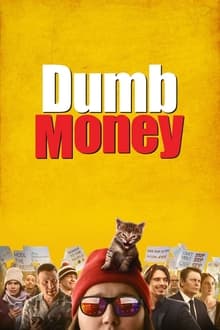
Vlogger Keith Gill sinks his life savings into GameStop stock and posts about it. When social media starts blowing up, so do his life and the lives of everyone following him. As a stock tip becomes a movement, everyone gets rich—until the billionaires fight back, and both sides find their worlds turned upside down.
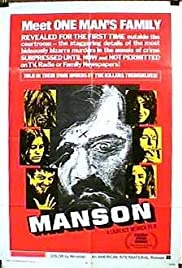
Prosecuting attorney Vincent Bugliosi and Manson “family” members Lynette Fromme, Mary Brunner and Sandra Good discuss the Tate-LaBianca murders.

Margreth Olin has filmed 22 persons i their meeting with the well known voluntary healer Joralf Gjerstad. For 65 years more than 50.000 has gone to him to be healed from illnesses and ill-doings. He has never asked for a penny for this